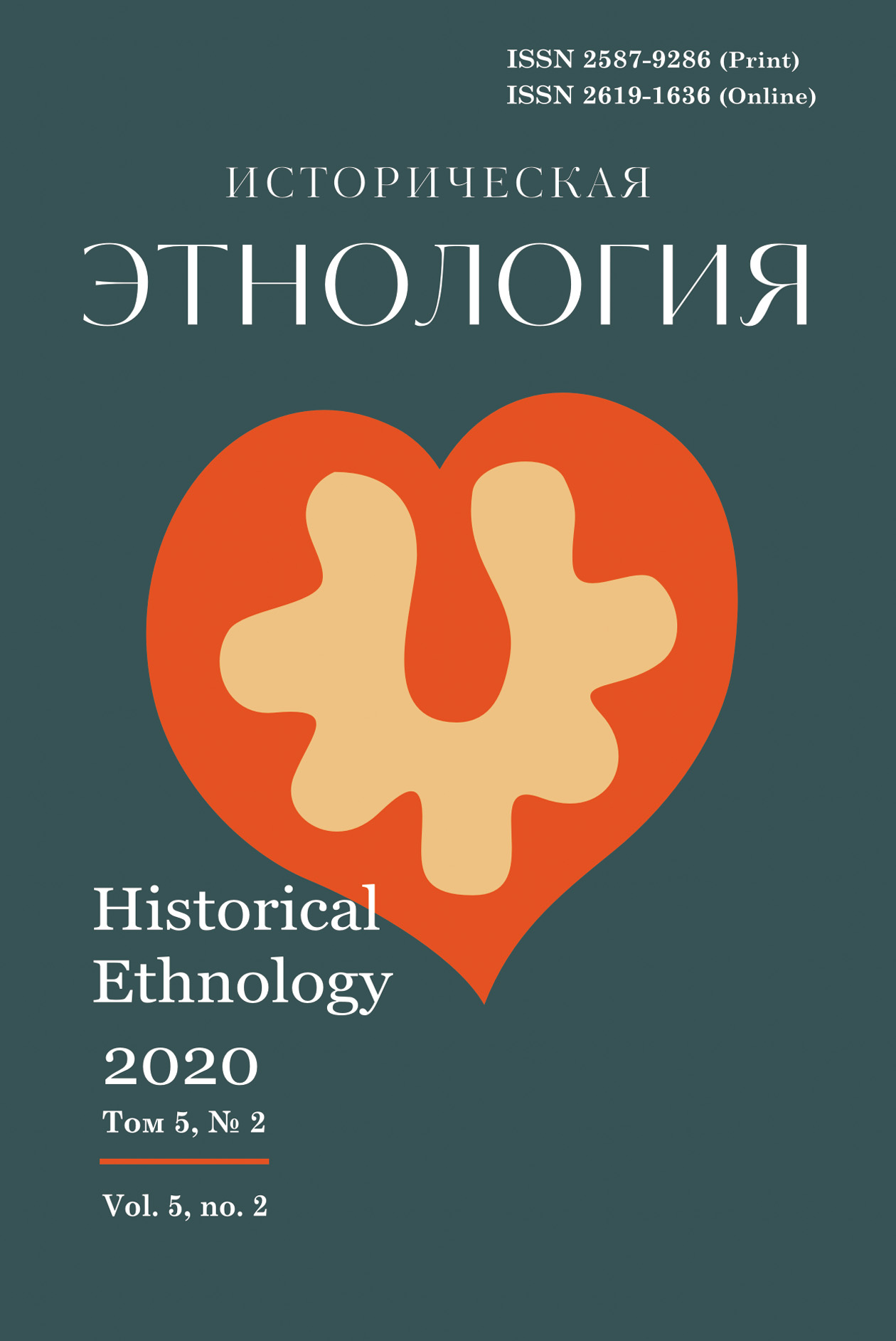
Main menu / 2020, vol.5, no.2 / Salakhova E.K.
Metrical Books as one the Most Critical Important Historical Source in the Scholarly Research of Rizaeddin Fakhreddin Salakhova E.K.
318-330 p. doi.org: 10.22378/he.2020-5-2.318-330 Metric books are one of the essential sets of sources that provide valuable material for historical research. Unfortunately, metric books' level of use and involvement as historical sources in scientific and scholarly works is still mediocre. At the beginning of the XX century, Rizaeddin Fakhreddin paid attention to those primary sources: he actively referenced them in his scientific research and contributed to their preservation. Thanks to Qadi, the mufti of the USSR Rizaeddin Fakhreddin, the extensive collections of Muslim metric books were preserved. The key sources for his famous works as «Famous Men», «Famous Women», «Asar» were metrical books. It is worth highlighting the bibliographic work, «Asar» There Fakhreddin restored the biography, exact dates of birth and death, and lineage of prominent people, theologians, and imams based on the materials from metrical books. This article aims to demonstrate the role and importance of metric books in the scientific research of Fakhreddin. This article set several tasks, namely: to analyze material the metric books as sources of historical research, demonstrate the degree of usage of metric books by Fakhreddin in his works, and to evaluate the possibilities of studying these documents in the disclosure of several scholarly topics. For the first time in this publication, the scientific legacy of Fakhreddin is studied from that perspective. The author also draws attention to the fact that the biography of R. Fakhreddin, written by his hand, contains many extracts from the metrical books of his family members and close relatives. It worth mentioning that the author in his article draws attention to such discussions, which have recently become quite relevant, for example, the question of whether a person registered in the metric books belongs to a particular nationality. As the article will demonstrate below, a person's social affiliation in metric books cannot be interpreted as his nationality. According to the rules of registration of metric books, there was no indication specifying a person's nationality; besides, a person's nationality did not have any significance. Fakhreddin's reverential attitude and appeal to metric books emphasize their essential place in Tatar-written sources' complex. The scientific study of a voluminous complex of metric books as valuable historical sources should be an important research area in historical science. Keywords: Rizaeddin Fakhreddin, metric books, Tatar historical sources, Spiritual Assembly of Muslims, Tatar scientists, history of the Tatar people, early 20 century For citation: Salakhova E.K. Rizaeddin Fäkhreddinneñ fänni-tiksherenü eshlärendä möһim tarikhi chyganak bularak metrika kenägäläre [Metrical Books as one the Most Critical Important Historical Source in the Scholarly Research of Rizaeddin Fakhreddin]. Istoricheskaya etnologiya, 2020, vol. 5, no. 2, pp. 318–330. https://doi.org/ 10.22378/he.2020-5-2.318-330
REFERENCES Azamatov D.D. Orenburgskoye magometanskoye dukhovnoye sobraniye v kontse XVIII‒XIX vv. [Orenburg Mohammedan Religious Assembly at the end of the 18th‒19th centuries]. Ufa: the Republic of Bashkortostan Academy of Sciences Ufa Research Center of the Institute of History, Language and Literature, 1996. (In Russian) About the author: Elmira K. Salakhova is a Cand. Sc. (History), Senior Research Fellow of the Department of History and Cultural Heritage of the Peoples of Tatarstan, Sh. Marjani Institute of History of the Tatarstan Academy of Sciences (7A Baturin St., Kazan 420111, Russian Federation); ilsalah@mail.ru
Received April 21, 2020 Accepted for publication November 02, 2020 Published Online November 27, 2020 |
Istoricheskaya etnologiya Historical Ethnology
Scientific journal







